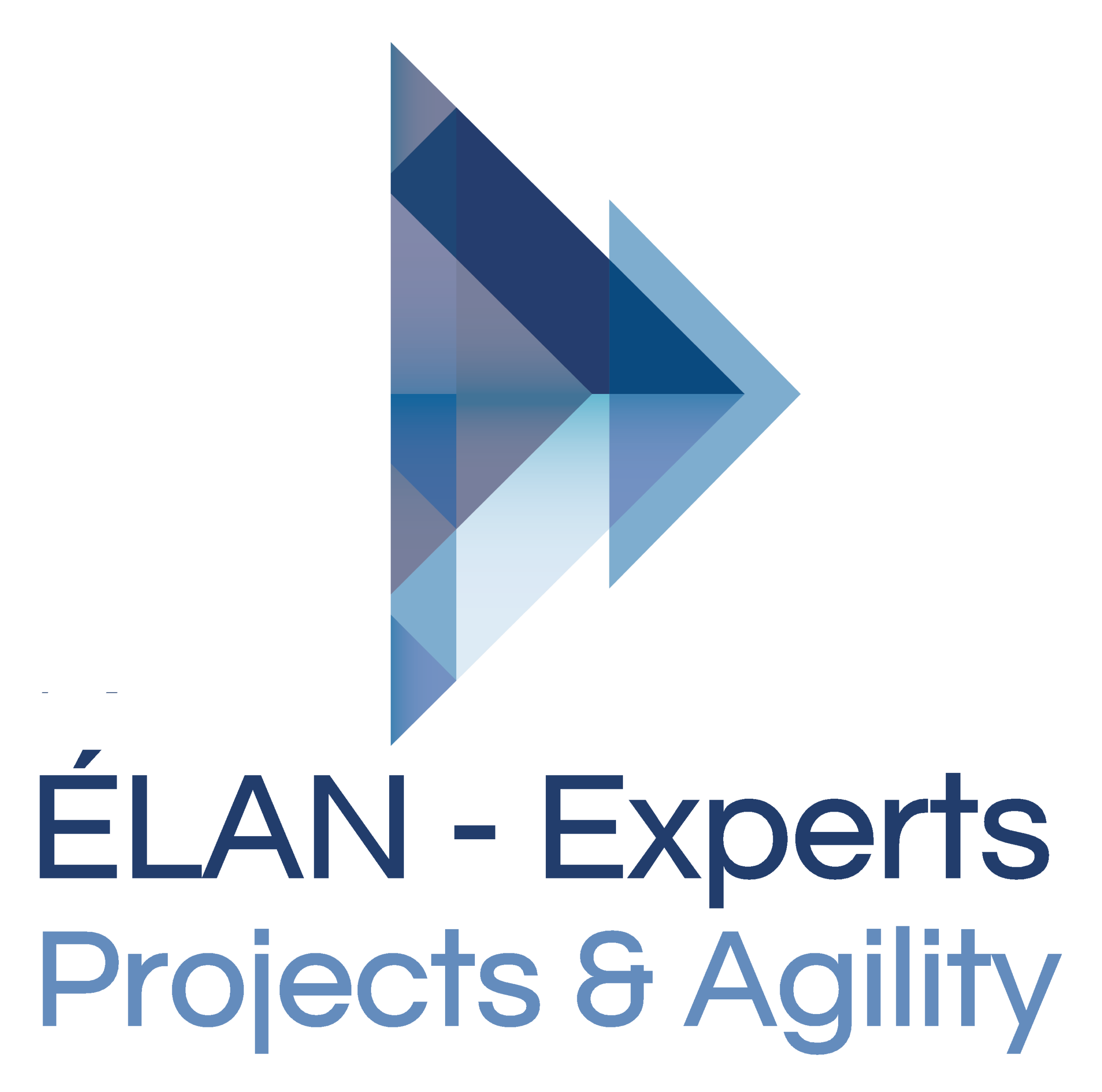In the dynamic world of project management, success requires more than just following a specific methodology. It requires mastery of a variety of skills essential to successfully navigating an ever-changing environment. Thus, the PMI Talent Triangle highlights three crucial dimensions: work methods, power skills and business acumen. Let's delve into each of these dimensions and discover how they shape project management excellence.
Working methods (Ways of Working)
In today's landscape, there are a multitude of working methods, from traditional predictive approaches to agile methodologies and design thinking. The key for professionals is to master as many of these methods as possible, enabling them to apply the right technique at the right time. This guarantees winning results, whatever the challenge they face. Whether managing a complex project or innovating in a constantly changing environment, the diversity of working methods offers professionals the flexibility they need to adapt and succeed.
Power Skills (Power Skills)
Beyond technical skills, power skills are essential for maintaining influence and collaboration within teams. These interpersonal skills include collaborative leadership, effective communication, an innovative mindset, precise goal orientation and empathy.
Teams with these skills are better equipped to navigate complex situations, resolve conflicts and inspire change. By developing these skills, professionals strengthen their ability to lead, influence and create a positive impact on their work environment.
Collaborative leadership is a key skill for any project manager. Rather than simply issuing orders, a good leader collaborates with his or her team to define clear objectives, create an inclusive working environment and encourage the participation of all team members.
By fostering collaboration, project managers can harness the individual skills of each team member, maximize creativity and innovation, and foster a sense of ownership and commitment to the project.
Effective communication is also essential to project success. Project managers must be able to communicate clearly and transparently with team members, project stakeholders and external parties.
This involves being able to listen actively, ask pertinent questions, provide constructive feedback and resolve conflicts effectively and professionally. Open and transparent communication helps to build trust, foster collaboration and avoid misunderstandings and costly mistakes.
An innovative mindset is another power skill that is increasingly in demand among project managers. In a constantly changing environment, professionals need to be able to question the status quo, come up with new and creative ideas, and adopt an agile and experimental approach to solving problems and overcoming challenges. Innovation can come from anywhere in a team, and project managers need to encourage and support a climate that fosters creativity and innovation at all levels.
A clear focus on objectives is also crucial to project success. Project managers need to be able to define clear, measurable objectives, create concrete action plans to achieve them, and regularly monitor progress. This means being able to set priorities, make informed decisions and solve problems effectively to keep the project on track and achieve its objectives.
Finally, emotional intelligence is an essential skill for building positive and productive relationships with team members, stakeholders and customers. Project managers must be able to understand the needs, concerns and perspectives of others, and act accordingly to foster an inclusive, respectful and collaborative working environment. By demonstrating empathy, project managers build trust, foster cooperation and encourage the commitment of team members, contributing to the overall success of the project.
Business acumen (Business Acumen)
Understanding the macro and micro aspects of the organization, as well as industry trends, is crucial to making informed project management decisions. Professionals with business acumen understand how their project fits into the company's overall strategy, and anticipate the potential impact of market trends. They also have the domain-specific knowledge to make effective decisions and guide their team to success. By integrating business acumen into project management, professionals ensure the strategic alignment, operational relevance and long-term sustainability of projects.
Taking charge: Decisions in motion

Whether you're a new recruit coming out of school and looking to land a project management job, or an employee looking to shift your career from operations to project management, you'll need to validate the hypothesis that it's really this "glimmer of hope" that you really want to do as a job.
Below, in this order, are the seven steps I personally followed:
- I researched whether there was a real demand in the market for project managers in my geographical area,
- I've looked at a number of job offers regarding the roles and responsibilities a project manager should take on, including salary ranges for an entry-level/intermediate/senior project manager in small, medium-sized and large organizations.
- I've studied the project management landscape, looking at the different development prospects offered by the profession and the certification paths available: PMI and Axelos are the two perspectives I explored first.
- I consumed the content of these two institutions daily, as well as other content available on the web, webinars, conferences and networking events I should attend, and began to think about what the benefits of obtaining various project management certifications would be - their notoriety in the marketplace, what they require (requirements, time and effort required to obtain), how long the certification process takes and how much it costs.
- After gathering all this information, I prepared, planned and executed accordingly to achieve my goals.
- Once I've landed a project management job or mandate, I ask myself the following question: " Where do I stand in terms of skills, depending on the assignment and possible challenges? What other skills could make me a better project manager and more competitive in the marketplace? Do I need a mentor or coach to help me get to the next level? "
- Repeat steps 4 to 7!
In conclusion, mastering work methods, power skills and business acumen is essential to excel in project management. These three pillars provide professionals with the tools they need to successfully navigate a constantly evolving environment, inspire change and ensure project relevance and sustainability. By investing in the development of these skills, professionals position themselves for success in a rapidly changing business world.
About the author
With over 20 years of experience management Information Technology, Éric Auger helps companies accelerate their value delivery and optimize their organizational performance. IT consultant specializing in project management, Lean Six Sigma Green Belt Practitioner, Kanban management expert and Agility coachI combine strategy, tactics and operations to maximize your competitiveness in the digital age.
Passionate about digital transformationI work with organizations to optimize their value flowguaranteeing sustainable competitive advantage. I also like share my expertise and help professionals strengthen their skills in project management and agility.
Follow me for practical advice and proven strategies to make your projects a success.





